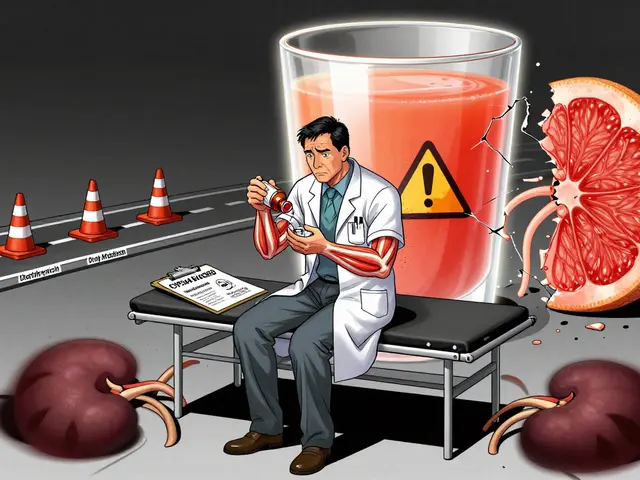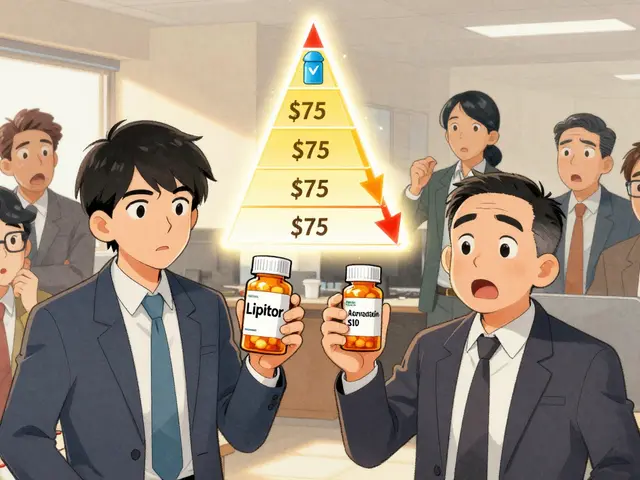Heart Failure Prevention: What You Can Do Today
If you hear "heart failure" you might picture a hospital bed, but most cases start with everyday choices. The good news? Small tweaks can lower your risk dramatically. Below are the actions that actually work, explained in plain language.
Lifestyle Changes That Make a Difference
Move a little every day. You don’t need a marathon; 30 minutes of brisk walking, cycling, or dancing does the trick. Consistent activity keeps blood pressure down and strengthens the heart muscle.
Eat more plants, cut the bad fats. Swap fried foods for grilled veggies, choose olive oil over butter, and grab a handful of nuts instead of chips. These swaps lower cholesterol and reduce inflammation – two big players in heart failure.
Watch your weight. Extra pounds force the heart to pump harder. Even a 5‑10% drop can improve blood pressure and ease strain on the heart.
Quit smoking and limit alcohol. Smoking damages arteries, making it easier for heart failure to develop. If you drink, keep it to one glass a day for women or two for men; more than that raises blood pressure.
Sleep well and manage stress. Poor sleep and chronic stress raise cortisol, which can increase blood pressure. Aim for 7‑8 hours of rest and try simple stress busters like deep breathing or short walks.
Medical Steps to Keep Heart Failure at Bay
Know your numbers. Regularly check blood pressure, cholesterol, and blood sugar. If any are high, talk to a doctor about medication or lifestyle tweaks.
Take prescribed meds correctly. Beta‑blockers, ACE inhibitors, or diuretics help many people prevent heart failure progression. Skipping doses can undo the benefits.
Stay on top of routine check‑ups. A yearly physical lets doctors spot early warning signs like fluid buildup or a weakening heartbeat. Early detection means easier treatment.
Vaccinate against flu and pneumonia. Infections can stress the heart, especially in older adults. Staying vaccinated reduces that extra load.
Putting these steps together creates a solid defense against heart failure. You don’t need to overhaul your life overnight – start with one habit, like adding a daily walk, and build from there.
Remember, the heart responds to what you feed it, how much you move, and how well you look after yourself medically. Keep an eye on the basics, and you’ll give your heart a fighting chance for years to come.
The potential role of Ranolazine in preventing heart failure
As a blogger, I recently came across the potential role of Ranolazine in preventing heart failure. Ranolazine, typically used for treating chronic angina, has shown promise in improving heart function and reducing the risk of heart failure. Studies have demonstrated that it can help manage the symptoms of heart failure and improve exercise capacity. Moreover, it has been found to work synergistically with other heart failure medications, enhancing their effectiveness. In conclusion, Ranolazine could play a significant role in the prevention and management of heart failure, making it a promising option for those at risk.
Detail




